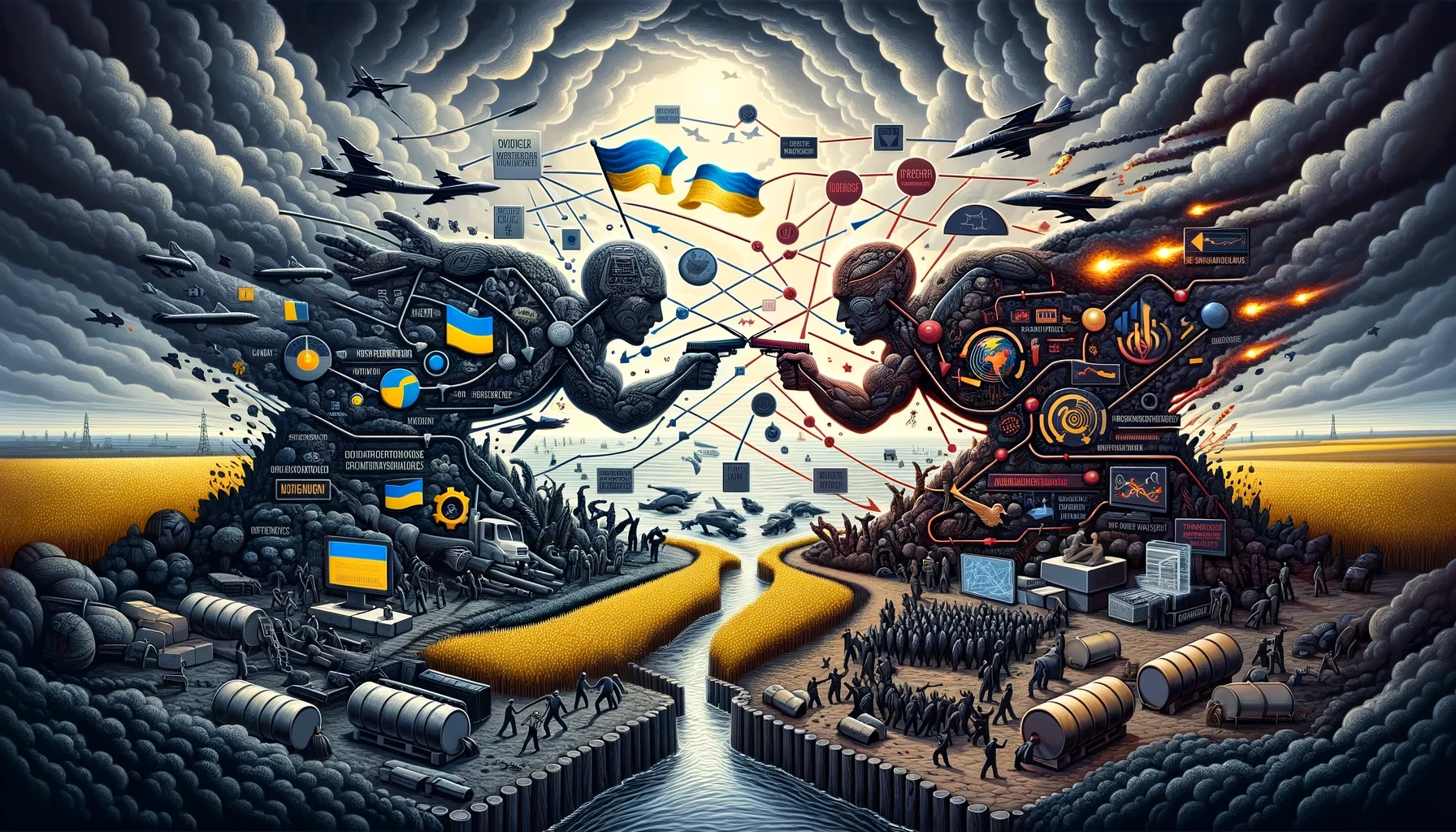Why the conflict is escalating in Ukraine
Written 20 August 2015

As Ukraine continues its talks with its creditors and the IMF, it is faced by an ominous situation in the East: DPR and LPR forces (likely supported by conventional Russian forces) are ratcheting up the conflict. This is hardly a coincidence and is in fact the strategy that Russia is taking. Simply put, Putin wants to see a weak Ukraine which he can more easily control and this is one way to do that. Indeed, I talked about these issues in my latest post.
One of the best interpretations of this issue from the strategic side essentially agrees that Russia is behind the recent escalation (although Prof. Walker also offers other interpretations). This is in the hopes that it will force the West into demanding that Ukraine make new ceasefires and concessions to a federalization of the country (one of Putin’s main goals in Ukraine). While I think this is a sound argument, I also believe that there is an economic factor to take into account.
Putin’s war in Ukraine is a “hybrid” one, meaning that it involves both kinetic operations and subversive efforts. By beginning an offensive now, Putin is only weakening an already very weak economy which may be at a breaking point. A reintensified war in Ukraine would only trouble Ukraine’s investors and creditors, likely a factor in the recent 61% hryvnia drop. Furthermore, in Russian military parlance, economic warfare is considered a WMD, because of the vast damage that it may cause. It is also particularly useful for Putin as it gives him plausible deniability — as does the pro-Russian insurgency, something which he no doubt has significant influence over, even if not absolute.
By keeping Ukraine weak, Putin has significant leverage over the country. As the country is a hub for energy transport, control of Ukraine is vital for him to maintain economic leverage in Europe. Furthermore, it is likely that Putin believes that he can manipulate the nationalist groups in Ukraine. If Poroshenko proves to be a failure, the Right Sector may become a more popular alternative. Although it is unlikely that they will be voted into power, they may become more of a nuisance for Ukrainian security forces and will likely threaten coups as they have done before.
As Prof. Walker points out, the offensive is unlikely to make drastic territorial changes in the Donbas. Therefore, it is more likely being used a point of leverage. Ukraine also has a $3 billion loan from Russia which is due in December. Along with the conflict in the East, we are likely to see Putin using this tool as further leverage against Ukraine. We may also see threats to cut off gas in response to Ukraine’s “aggression” in the Donbas, further weakening confidence in the country’s economy.